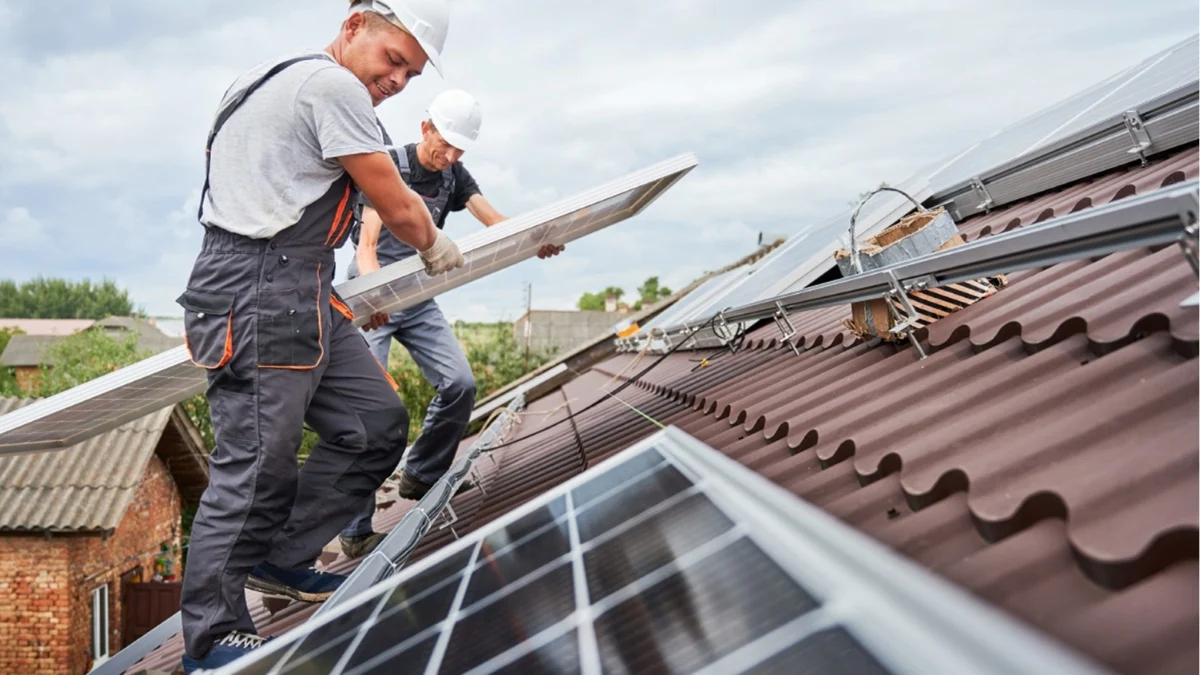Generation

Solar power system approval battle in South Africa

The Electrical Contractors Association of South Africa (Ecasa) has criticised Eskom and certain municipalities for requiring electrical engineers to test and approve small-scale embedded generation (SSEG).
The association — one of the country’s biggest representative bodies for qualified electricians — contends that this is unnecessary in ensuring legal and safe operation of grid-tied solar systems.
Eskom and several municipalities argue that electricians are not qualified to approve the DC wiring of grid-tied systems that run between the inverter, solar panels, and batteries.
They maintain that electricians can only issue certificates of compliance (CoCs) for the AC portion from the inverter to the distribution board.
According to their interpretation of the grid code, only electrical engineers registered by the Engineering Council of South Africa (Ecsa) can sign off on the DC side.
Ecasa national technical advisor Grant Seeman told MyBroadband that the association strongly opposes this view.
Seeman said that South Africa’s Electrical Installation Regulations (EIR) of 2009, allowed an Installation Electrician (IE) to work on any electrical installation, except for specialised or hazardous locations.
“Similarly, a Master Installation Electrician (MIE) is permitted to work on any installation, covering AC voltages up to 1,000 volts and DC installations up to 1,500 volts,” he said.
“There is little to no need for electrical engineers [in the SSEG approval process].”
Seeman said the EIR determined electricity distributors had the right to inspect installations and ensure compliance with the code, ensuring that installations meet relevant standards.
He called on authorities to step up and take responsibility for policing the industry using the existing regulations and standards.
One of the major issues that Ecasa has recently needed to address, in part due to lack of action by authorities, is fly-by-night installers claiming that the most junior level of electrician — single-phase testers (STPs) — can also carry out solar installations.
“If electricians receive support from Eskom, municipalities, and the industry, the confusion surrounding installations would be reduced,” Seeman said.
“This would allow electricians to concentrate on the quality of installations, leading to safer systems.”
Ecasa is also against the P4 industry-driven qualification developed by the Association of Renewable Energy Practitioners (Arep).
The P4 is an informal quality assurance programme that provides training and accreditation specifically for solar PV installations. However, it requires that electricians pay additional fees to Arep.












